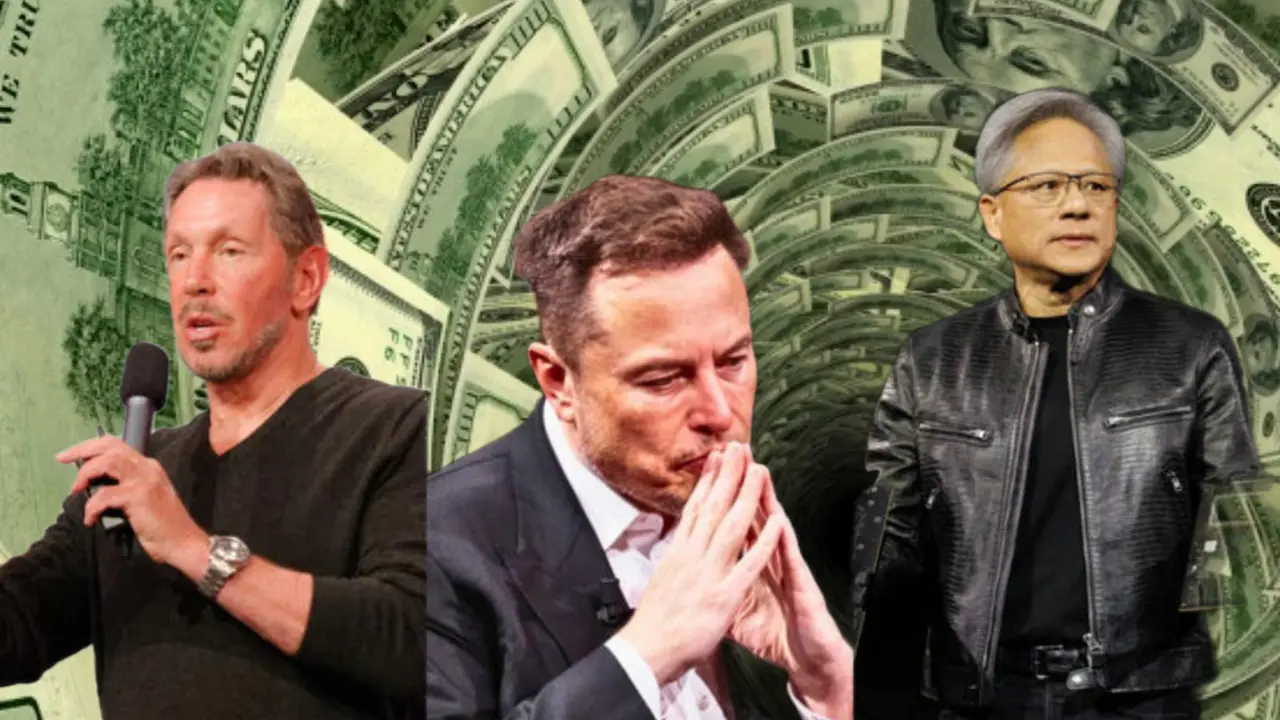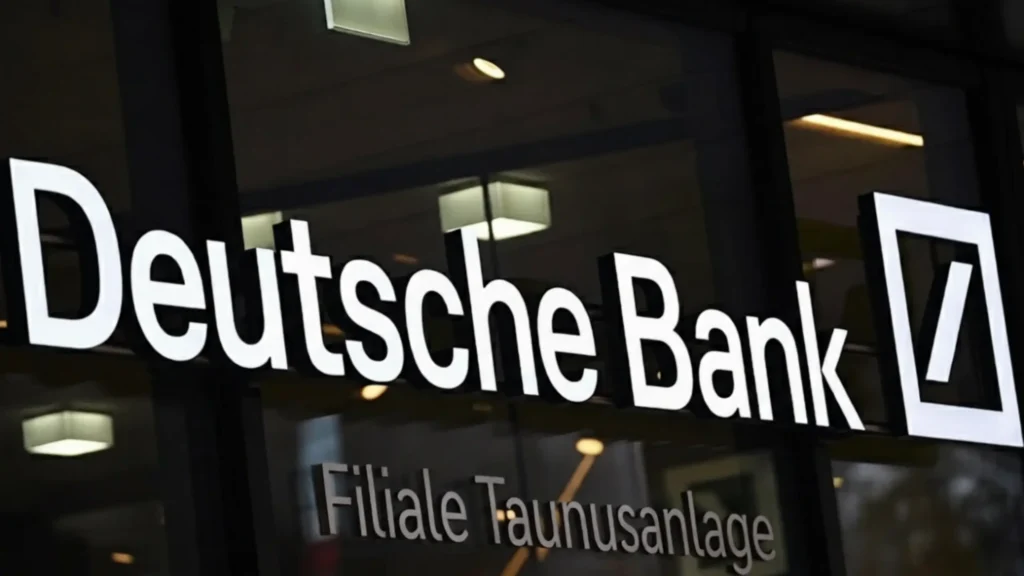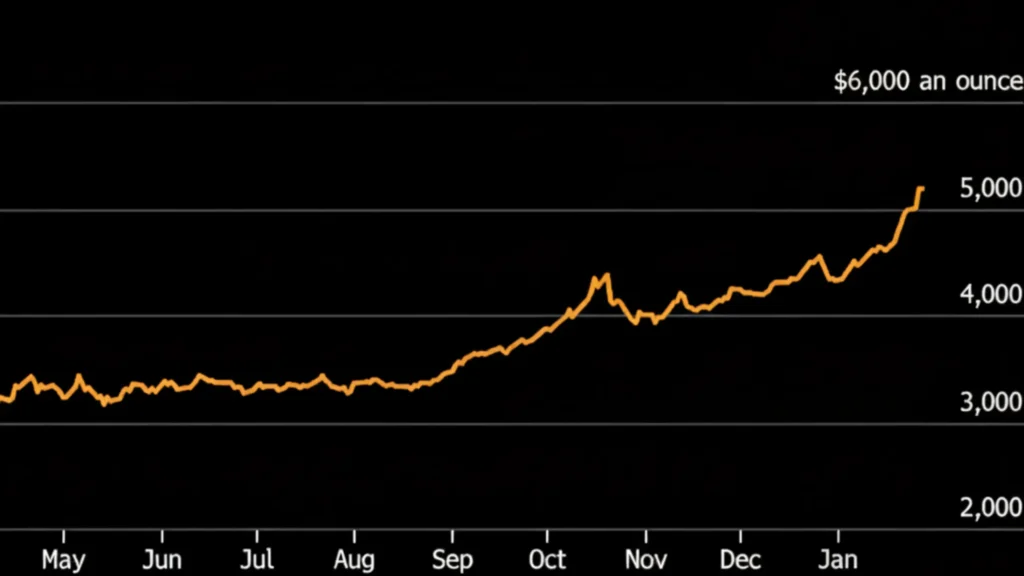Ah, January—a month so kind to the ultra-wealthy that it might as well have been sponsored by Monopoly money. For billionaires, this was their Eat, Pray, Accumulate Wealth phase. Their fortunes ballooned faster than Elon Musk’s Twitter follower count after a controversial tweet (remember those?).
On average, they raked in $10 billion per day, which is roughly equivalent to what most of us earn in… well, several lifetimes.
But hold onto your monocles, folks—February has arrived, and with it comes the ultimate plot twist: the billionaire bubble burst. That sweet $314 billion surge from January? Poof! Gone like last year’s New Year’s resolutions.
The Bloomberg Billionaire Index now looks like an overpriced stock ticker on a bad hair day—all red numbers, no chill.
Let’s break down the carnage:
- Elon Musk: Started February with a cool $433 billion. Now? Down to $349 billion. Losing $84 billion sounds catastrophic until you realize he probably spent half of it trying to fund his next Mars vacation or buy another obscure meme coin.
- Mark Zuckerberg: Slipped from $243 billion to $232 billion. Ouch. Maybe Meta should’ve stuck to Facebook instead of rebranding itself into “Meta” just to confuse everyone at family gatherings. (“So wait, are we talking about Instagram or virtual reality now?”)
- Larry Ellison: Lost $9 billion. Honestly, if I had Oracle-level wealth, losing $9 billion would still leave me laughing all the way to my private island. But hey, nobody said being a tech titan was easy.
DeepSeek Strikes: The AI Underdog That Made Billionaires Cry
And let’s not forget the real culprit here: DeepSeek , the Chinese tech underdog that decided to crash the billionaire party uninvited. With its revolutionary R1 model—a low-cost marvel—it sent shockwaves through Silicon Valley faster than you can say “disruptive innovation.”
Nvidia CEO Jensen Huang even gave them a standing ovation (metaphorically speaking), while Meta executives scrambled to figure out how to compete without crying in their kombucha.
The irony? While these tech titans watch their paper fortunes evaporate, DeepSeek is proving that sometimes the best way to win isn’t by hoarding billions—it’s by making technology accessible. Who knew affordability could be such a disruptive force?
DeepSeek’s revolutionary low-cost R1 model wasn’t just a product launch—it was a declaration of war. And if the AI industry were a high-stakes poker game, Nvidia CEO Jensen Huang just got bluffed out of $600 billion in market value. Yes, you read that right: six hundred billion dollars.
To put that into perspective, that’s enough money to buy every single person in California a brand-new Tesla—and still have change for avocado toast.
Huang himself took a personal hit, losing over $20 billion in net worth and dropping to a measly $103 billion. (Poor guy—he might have to cancel his subscription to Space Yachts Monthly.)
Sure, he may lose billions overnight, but at least he won’t have to downgrade from private jets to first class anytime soon.
Bloomberg called it one of the biggest U.S. stock selloffs in history, which feels like an understatement when you consider the sheer chaos unleashed by one little company with big ideas.
Let’s face it: the tech world has been coasting on hype for years. Companies slap “AI” on anything remotely digital and watch the cash roll in.
But DeepSeek changed the game by actually delivering affordable, groundbreaking technology. Suddenly, competitors who relied on inflated prices and flashy marketing found themselves exposed like emperors without clothes.
And let’s not ignore the schadenfreude factor here. Watching hyper-wealthy CEOs squirm because someone built something better, faster, and cheaper? It’s like watching a villain get defeated in a Marvel movie—but instead of CGI explosions, we get stock market implosions.
What’s Next? Will Billionaires Learn Their Lesson?
Probably not. History shows us that even after setbacks like this, the ultra-rich will dust themselves off, rebrand, and come back stronger—or at least richer. After all, losing $20 billion is probably just a Tuesday for these folks. Still, there’s something satisfying about seeing innovation triumph over excess, even if only temporarily.
As for DeepSeek? They’ve proven that disruption doesn’t always require deep pockets—it just takes brains, guts, and a willingness to challenge the status quo. So here’s to the underdogs, the dreamers, and anyone brave enough to remind Silicon Valley that tech should serve humanity, not just shareholders.
Now excuse me while I go daydream about what I’d do with $600 billion… or at least $600.
In what can only be described as the ultimate billionaire buzzkill, DeepSeek has officially declared open season on the world’s richest tech moguls.
Collectively, this unassuming AI underdog managed to siphon off $94 billion from the bank accounts of Silicon Valley’s finest—enough money to make most people faint, but for these titans of industry, it’s more like a minor inconvenience. Kind of like losing your AirPods… if your AirPods were worth $94 billion.
Let’s take a moment to appreciate the sheer absurdity of how much money we’re talking about here:
Larry Ellison: Oracle’s chairman and part-time Bond villain, saw his fortune nosedive by $27.6 billion. That’s enough to drop him from third to fifth place on the “World’s Richest People” leaderboard. To put that in perspective, he lost more money than some countries’ entire GDPs—and yet, he’s still richer than anyone reading this article (probably).
Michael Dell: King of PCs and awkward family photos, parted ways with $12.4 billion thanks to Nvidia’s stock meltdown. Somewhere, his accountant is furiously recalculating spreadsheets while muttering, “At least you’ll still have the yacht…”
Elon Musk: everyone’s favorite Twitter troll turned Mars enthusiast, bled $5.3 billion. But don’t worry—he’s still clinging to his crown as the world’s richest man despite losing nearly $90 billion so far this year. At this rate, he might need to sell one of his eight mansions—or maybe just skip lunch once or twice.
Over at Google HQ, co-founder Larry Page watched $6.3 billion vanish into thin air, while early investor Andreas von Bechtolsheim suffered a $5.4 billion blow. Ouch. Guess they won’t be buying quite as many self-driving cars anytime soon.
Here’s the kicker: even after these jaw-dropping losses, none of these folks are exactly roughing it. Sure, Larry Ellison may have fallen two spots in the rankings, but he’s still got enough cash to buy a small island nation—or several dozen private islands, depending on the real estate market.
Meanwhile, Elon Musk could lose another $100 billion and still afford to fund his space adventures without skipping a beat. (Though let’s hope he doesn’t start crowdfunding his next rocket launch.)
And then there’s Jensen Huang, CEO of Nvidia, who somehow found the grace to praise DeepSeek during his company’s earnings call—even after watching $600 billion evaporate from Nvidia’s market cap and personally losing billions himself. Talk about taking the high ground.
“It’s an excellent innovation,” Huang said, sounding eerily zen for someone whose company just experienced one of the largest stock selloffs in history. He even went so far as to commend DeepSeek for open-sourcing its AI model, saying it had “ignited global enthusiasm.” Translation? “You crushed us financially, but hey, good job!”












Leave a Reply